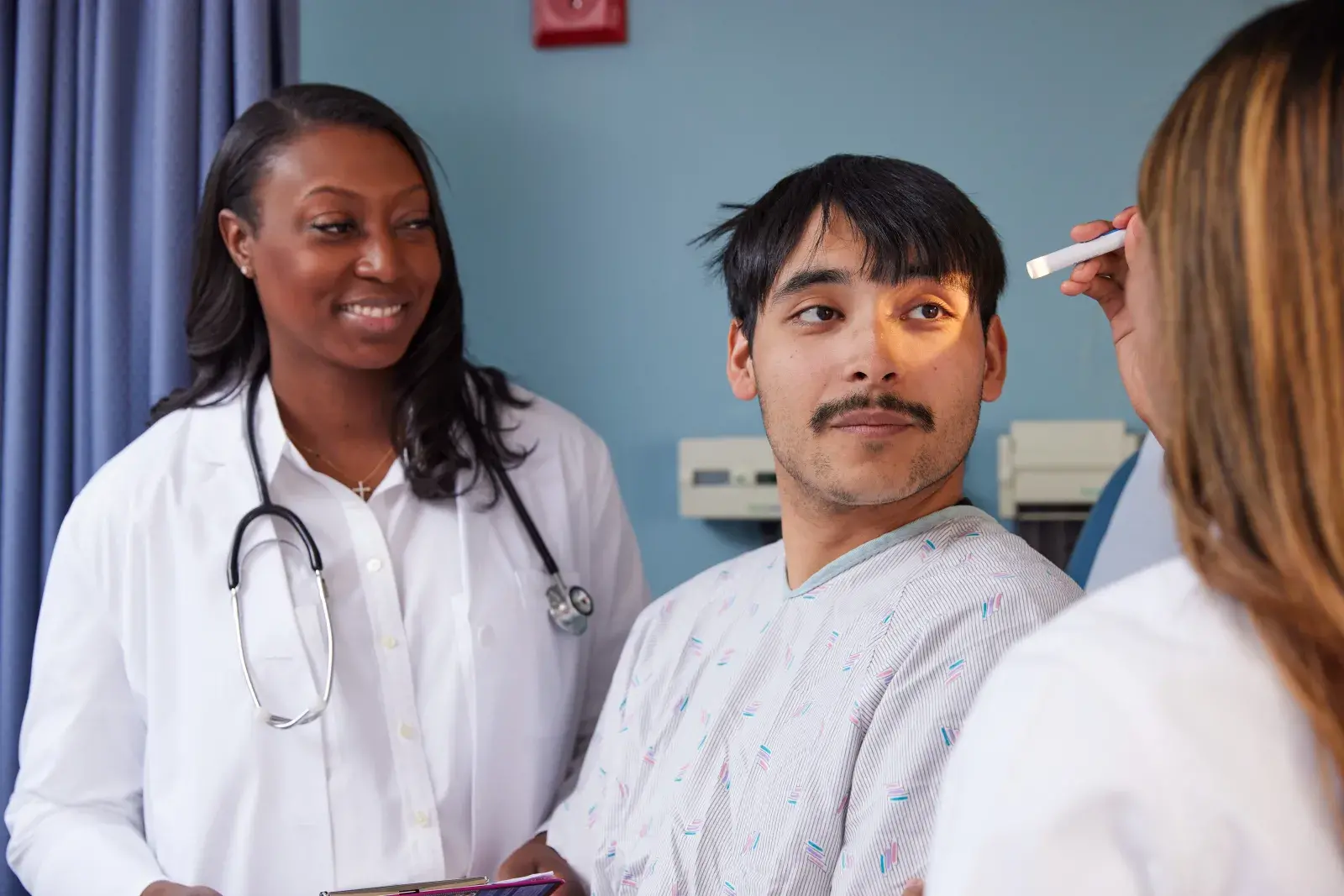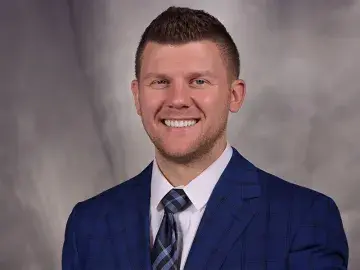The mission of Samuel Merritt University is to produce highly skilled and compassionate family nurse practitioners (FNPs). Students are expected to develop a robust healthcare knowledge base and requisite clinical skills, with the ability to appropriately apply knowledge and skills, effectively interpret information, and contribute to patient-centered decisions across a broad spectrum of clinical situations in all settings. The following technical standards, in conjunction with the academic standards, are requirements for admission, promotion, and graduation. The term “candidate” refers to candidates for admission to the FNP Certificate program as well as current FNP students who are candidates for retention, promotion, or graduation.
These requirements may be achieved with or without reasonable accommodations, the cost of which will be borne by the institution. These standards should not serve as a deterrent to any candidate with disabilities who desires to pursue FNP education. Candidates with disabilities bring unique perspectives that contribute to the diversity of the student population and will create a diverse healthcare workforce of culturally competent practitioners who can meet the needs of their patients. Candidates with disabilities are encouraged to contact the Disability Resource Center immediately to begin a confidential conversation about possible accommodations necessary to meet these standards. Fulfillment of the technical standards for graduation from the FNP Certificate program does not guarantee that a graduate will be able to fulfill the technical requirements of any specific clinical position.
Technical Standards
A candidate must acquire information as presented through demonstrations and experiences in foundational sciences. In addition, a candidate must be able to evaluate a patient accurately and assess relevant health, behavioral, and medical information. Candidates must be able to obtain and interpret information through comprehensive assessment of patients, correctly interpret diagnostic representations of patient physiologic data, and accurately evaluate patient conditions and responses.
Communication Skills
Candidates must exhibit interpersonal skills to enable effective caregiving of patients, including the ability to communicate effectively with all members of a multidisciplinary healthcare team, patients, and their families in person and in writing. Candidates must be able to clearly and accurately record information in English and accurately interpret verbal and non-verbal communication.
Patient Care Skills
Candidates must perform physical examinations and diagnostic maneuvers. A candidate should be able to perform or direct basic laboratory tests (urinalysis, wet mount, etc.), diagnostic and therapeutic procedures (venipuncture, placement of catheters and tubes, lumbar puncture, suturing, etc.), and interpret electrocardiograms and imaging studies. A candidate must be able to provide or direct general care and emergency treatment for patients, and respond to emergency situations in a timely manner; examples of emergency treatments reasonably required of a family nurse practitioner include, but are not limited to, cardiopulmonary resuscitation, administration of intravenous medications, application of pressure to arrest bleeding, opening obstructed airways, and performance of obstetrical maneuvers. Candidates must meet applicable safety standards for the environment and follow universal precaution procedures.
Intellectual-Conceptual, Integrative, and Cognitive Skills
Candidates must be able to learn through a variety of modalities, including but not limited to: classroom instruction; laboratory; small group, team, and collaborative activities; individual study; preparation and presentation of reports; and use of computer technology. A candidate must effectively interpret, assimilate, and understand the complex information required to function within the FNP curriculum, including but not limited to: the ability to comprehend three-dimensional relationships and understand the spatial relationships of structures; effectively participate in individual, small group, and lecture learning modalities in classroom, clinical, and community settings; learn, participate, collaborate, and contribute as a part of a team; synthesize information both in person and via remote technology; interpret causal connections and make accurate, fact-based conclusions based on available data and information; formulate a hypothesis and investigate the potential answers and outcomes; and reach appropriate and accurate conclusions. A candidate must be able to find sources of knowledge and acquire the knowledge through various modalities, and possess the ability to be a lifelong learner.
Behavioral Attributes, Social Skills, and Professional Expectations
A candidate must be able to exercise good judgment, promptly complete all responsibilities attendant to the diagnosis and care of patients, and develop mature, sensitive, and effective relationships with patients. The skills required to do so include the ability to effectively handle and manage heavy workloads, function effectively under stress, adapt to changing environments, display flexibility, and learn to function in the face of uncertainties inherent in the clinical problems of patients. Candidates are expected to exhibit professionalism, personal accountability, compassion, integrity, concern for others, and interpersonal skills, including the ability to accept and apply feedback, respect boundaries, and care for all individuals in a respectful and effective manner regardless of gender identity, age, race, sexual orientation, religion, disability, or any other protected status. Candidates should understand, and function within, the legal and ethical aspects of the practice of medicine, and maintain and display ethical and moral behaviors commensurate with the role of a family nurse practitioner in all interactions with patients, faculty, staff, students, and the public. Interest and motivation throughout the educational processes are expected of all candidates.








